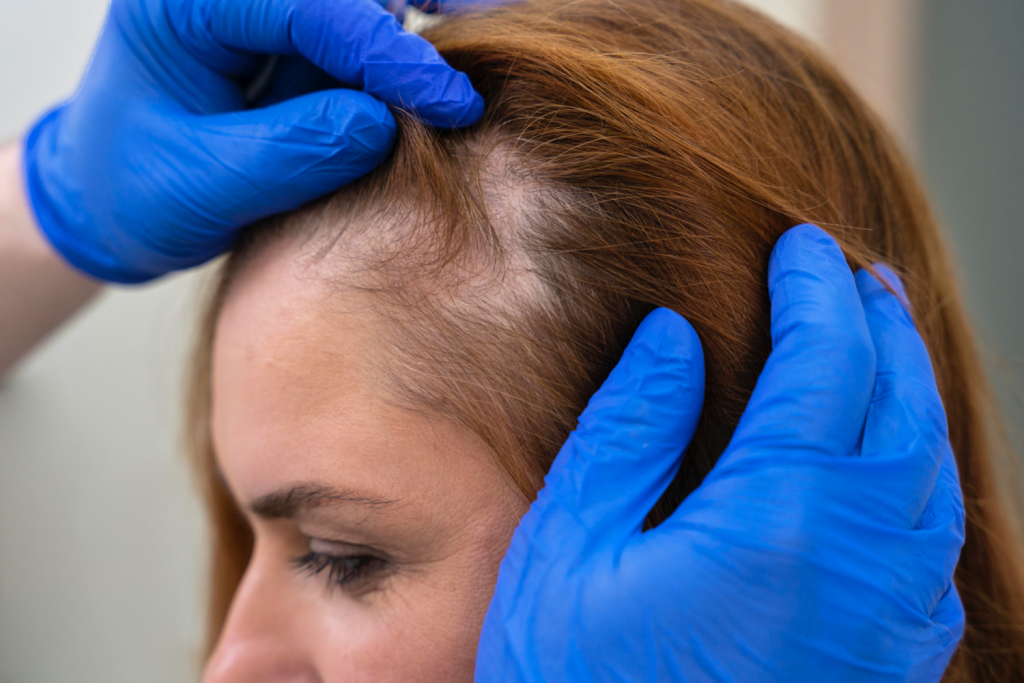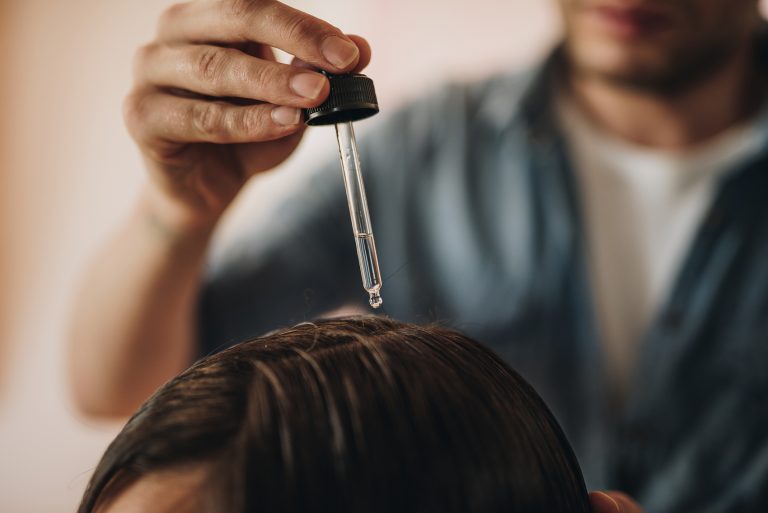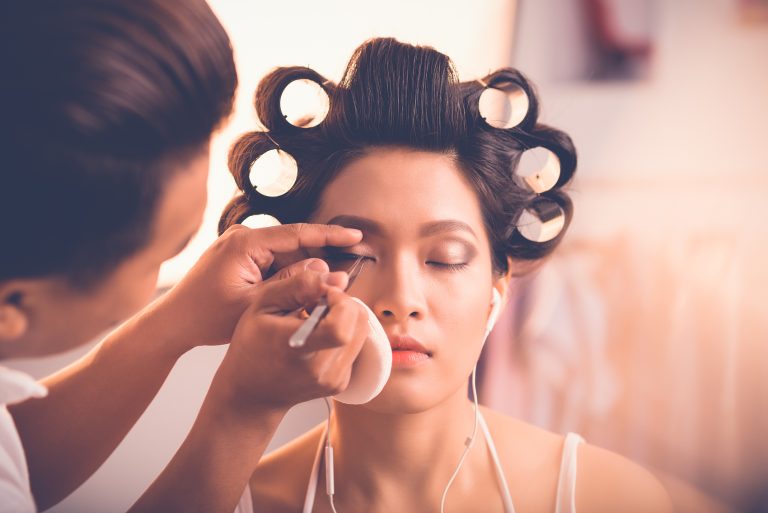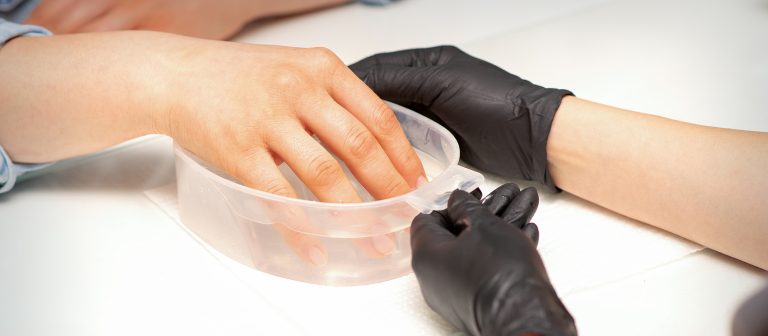Alopecia is something every woman should be more familiar with. Alopecia areata is a skin condition that can cause hair loss on the scalp or other parts of the body. Since our hair often feels like a part of our identity, losing it can have a significant impact on our lives. That’s why it’s essential to take care of ourselves if we experience alopecia. Here are some tips that might help.
Embrace Your Creativity
Losing your hair might feel like losing a part of yourself, but it can also be an opportunity to express your creativity. Companies like Uche Hair offer hair extensions, but you might also consider trying out caps or scarves. While it might seem like you’re just covering up or diverting attention, these can be effective coping strategies as you adjust to your new look.
Surround Yourself with Supportive People
Some people may not fully understand what you’re going through, and their comments might be insensitive. It’s crucial to surround yourself with people who are supportive and empathetic. There are many alopecia support groups where you can connect with others who share similar experiences. When you find the right group, you’ll gain strength from their support and the tools they offer to help you cope.

Take Care of Your Mental Health
Experiencing emotions like grief, anger, or guilt is common when dealing with alopecia, and these feelings are completely normal. However, it’s important to be aware that depression can develop. If you start noticing persistent symptoms of depression, like hopelessness, fatigue, or thoughts of death, it’s essential to reach out to a doctor. They can guide you to a counselor who can help. Taking care of your mental health is crucial because addressing depression early can significantly improve your quality of life.
Focus on Acceptance, Not a Cure
While doctors may prescribe treatments that can help regrow hair, it’s important not to get too fixated on finding a cure. The search for a perfect solution can be stressful, and it’s possible that no single treatment will work for everyone. Learning to accept yourself as you are is key. If you’re struggling with this, a counselor or therapist can provide valuable guidance. Taking care of yourself after an alopecia diagnosis is vital. Although it can feel like losing a part of yourself, there are many strategies that can help you navigate this journey.






